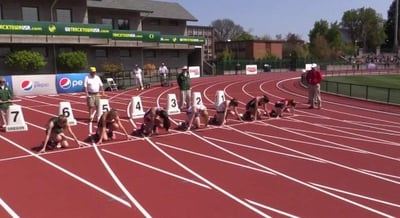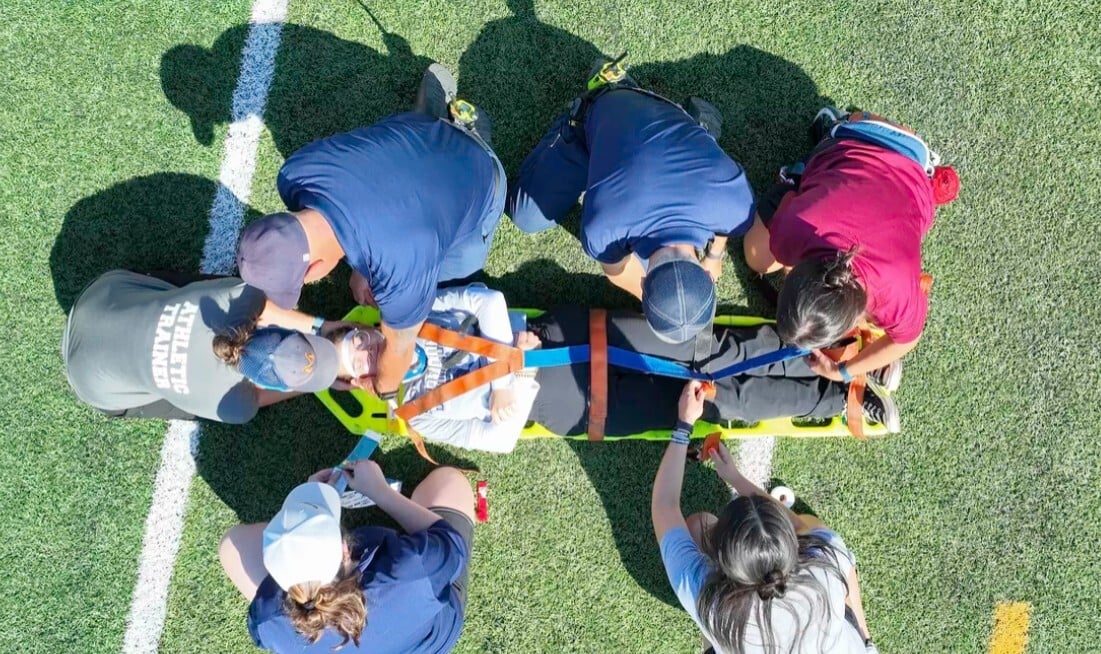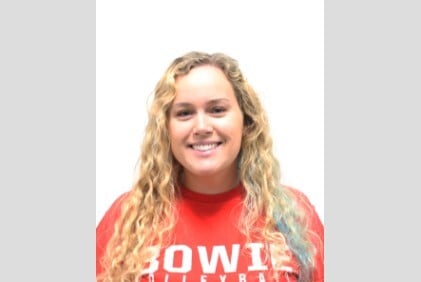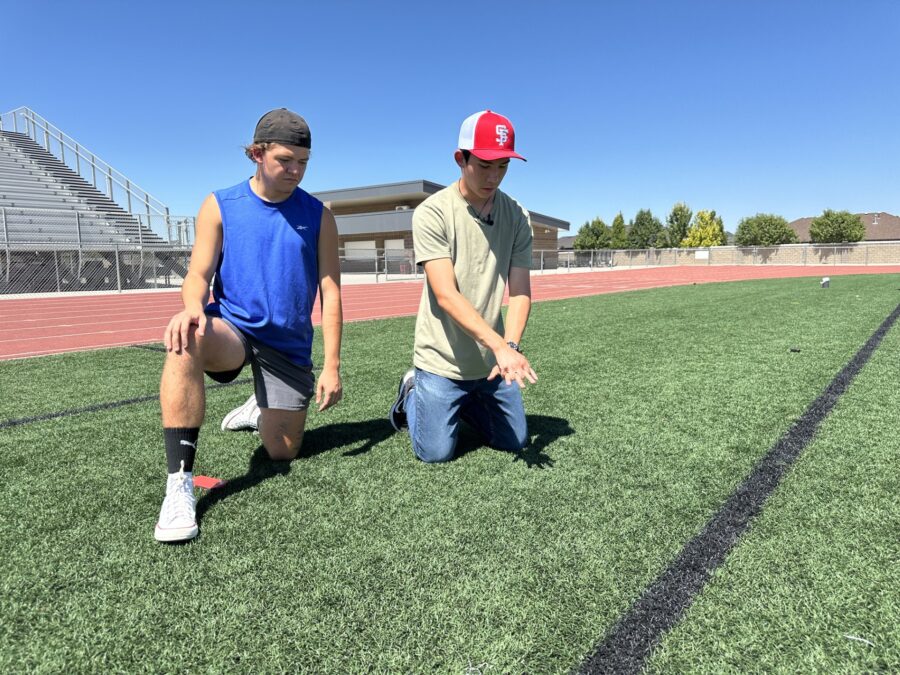Saving a Life on the Field: AT's Decisive Action at McMinnville High
 When a crisis struck at McMinnville High School's track practice on February 26th, it was the swift action and preparedness of Kelsey Lamont, the school's Athletic Trainer, that turned a potential tragedy into a story of survival and hope.
When a crisis struck at McMinnville High School's track practice on February 26th, it was the swift action and preparedness of Kelsey Lamont, the school's Athletic Trainer, that turned a potential tragedy into a story of survival and hope.
 On February 26th, the critical importance of having a well-prepared emergency action plan (EAP) was dramatically highlighted. During track practice, a young athlete suddenly collapsed, prompting an immediate and textbook response from school personnel.
On February 26th, the critical importance of having a well-prepared emergency action plan (EAP) was dramatically highlighted. During track practice, a young athlete suddenly collapsed, prompting an immediate and textbook response from school personnel.
Reflecting on the incident, Lamont’s expertise and the critical role of the Emergency Action Plan (EAP) she helped execute were evident. Ryan McIrvin, McMinnville's athletic director, who couldn't hide his pride in the team's preparedness and Lamont's decisive action.
"Everything went exactly like you'd want it to happen."
Coaches commenced CPR and called 911, while McMinnville’s Athletic Trainer utilized one of the school’s 17 AEDs to deliver a crucial electric shock, reviving the boy’s pulse before emergency personnel arrived and transported him to hospital. He's now recovered and back at school.
The incident underscored the importance of not just having an EAP but ensuring it is effectively implemented, a stance echoed by Kelly Foster, OSAA assistant executive director, who emphasized the necessity of action and practice in emergency plans.
Since 2015, Oregon schools have been mandated to have an EAP, but the real effectiveness comes from ensuring all personnel are familiar with the plan and can act decisively. Kelly Foster, OSAA assistant executive director, stresses the importance of this year's focus on the 'action' part of EAPs, advocating for practice and familiarity across various scenarios and locations.
 Scott Phoenix, certification chair for USA Track & Field Oregon officials, on the broader importance of readiness and initiative in emergencies:
Scott Phoenix, certification chair for USA Track & Field Oregon officials, on the broader importance of readiness and initiative in emergencies:
"The ability to recognize a situation and spring into action without hesitation is vital."
This isn't just a story of a well-implemented EAP; it's a testament to Lamont's dedication and skill.
Having worked with the school from 2006 to 2011 before returning in 2018 after stints at The University of Arizona and St Vincents Sports Performance/USATF, Lamont has been a pivotal figure in promoting athlete safety at McMinnville High School.
Under her watch, EAPs are not just documents but living frameworks, regularly reviewed and practiced with the school's head coaches to ensure everyone knows how to act when emergencies occur.
The February 26 incident, unfolding on the first day of track practice, demonstrated the need for AEDs and the orchestration of the practiced emergency response.
And Lamont not only saved a life but also highlighted the undeniable value of having trained healthcare professionals ready and able to act in moments of crisis, not only at games but practices as well.
![HR Logo [Recovered]_Full Color Vertical-1](https://blog.healthyroster.com/hs-fs/hubfs/HR%20Logo%20%5BRecovered%5D_Full%20Color%20Vertical-1.png?width=199&height=178&name=HR%20Logo%20%5BRecovered%5D_Full%20Color%20Vertical-1.png)
 By
By


